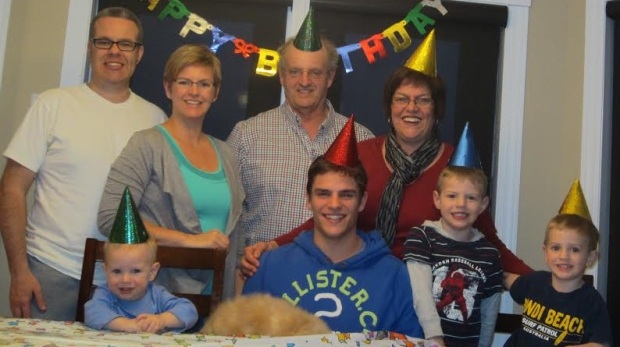I recently encountered a post from the blog of author Linda Sienkiewicz, titled "Derek's Black Hill Spruce," in which she recounts a struggle well known to survivors of suicide loss:
As a mother, no matter how many counselors, doctors and friends tell you suicide isn’t the parent’s fault, you can’t help but wonder what you did wrong.
In the aftermath of her son's death, in 2011, the family planted a Black Hill Spruce in his honor, but three years later, the once-thriving little tree "looked severely distressed, with brown needles and brittle branches, as if parched." And it is not difficult to imagine Linda's own distress over the tree's health:
I was shocked ... I watered it every day, but it continued to drop needles, and every day I felt more distraught. I had neglected Derek’s memorial tree. I had failed to take care of it properly and now it was dying. The metaphor was obvious. It seemed almost fitting that the tree would die under my care.
The story does not have a happen ending. The tree dies.
Why, then, is the story worth telling?
Because, as it turns out, the tree had a fatal disease. There was nothing that could be done to keep it alive. Again, the metaphor is obvious -- and telling the story of it was extremely valuable to Linda. She goes on to say that there really isn't a simple conclusion to draw ("there’s no way of knowing if we could have helped") but that, nonetheless ...
... it’s a sad truth that you can’t always prevent everything, and you can’t blame yourself.
I'm grateful for Linda's story because of how it helped her discover a very difficult part of her truth related to her son's death. She encourages us to believe that -- no matter how different our stories are, and no matter how various are the conclusions each of us draws about the suicide of our loved one -- there can be great healing in the very act of telling our stories.

 RSS Feed
RSS Feed